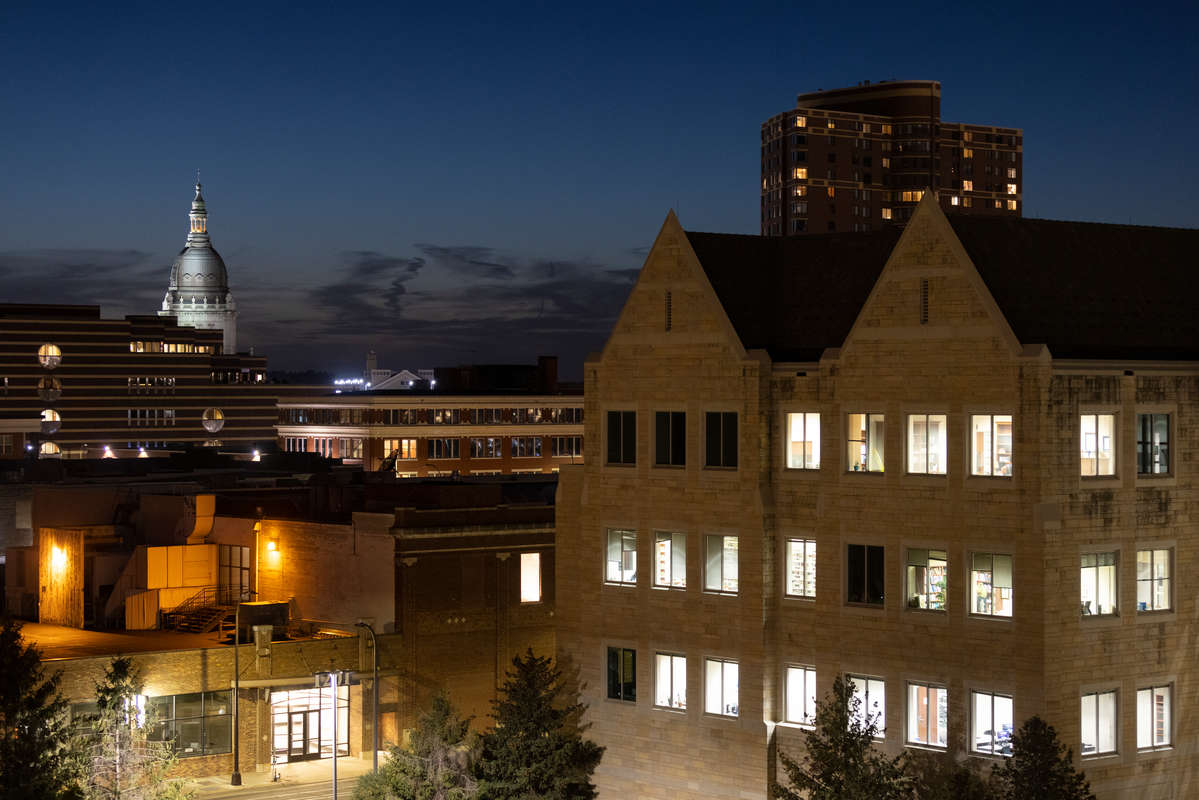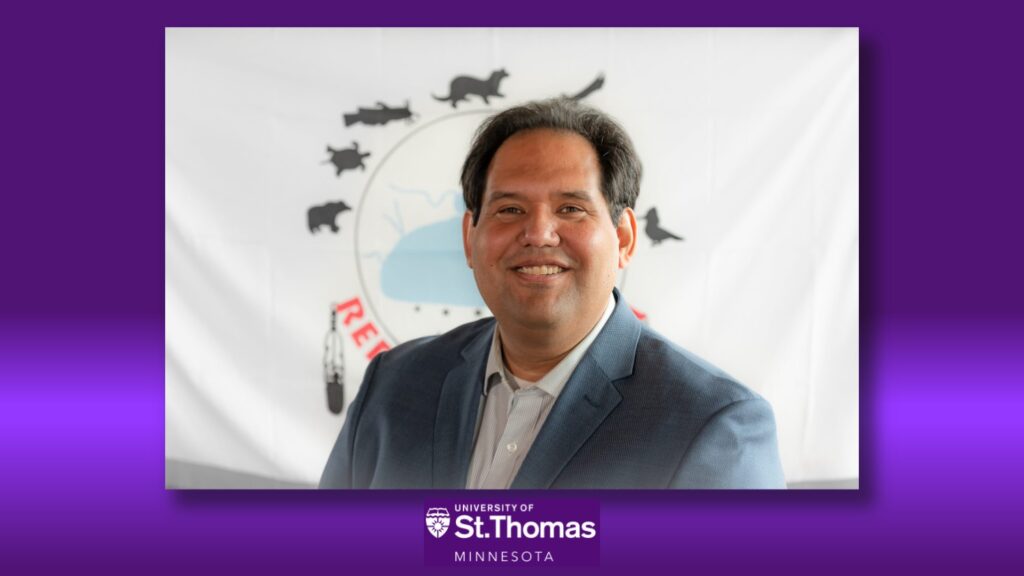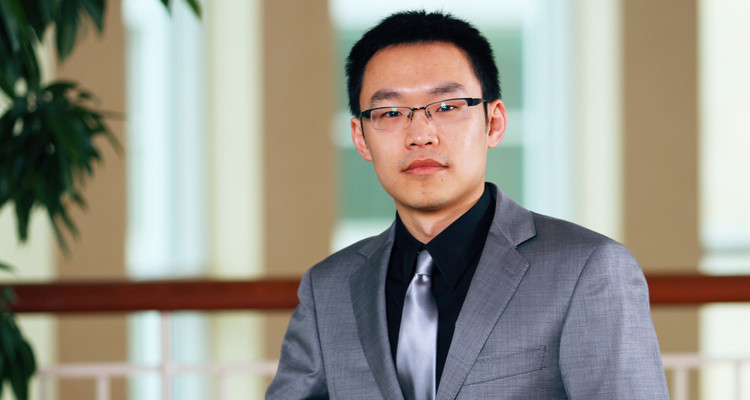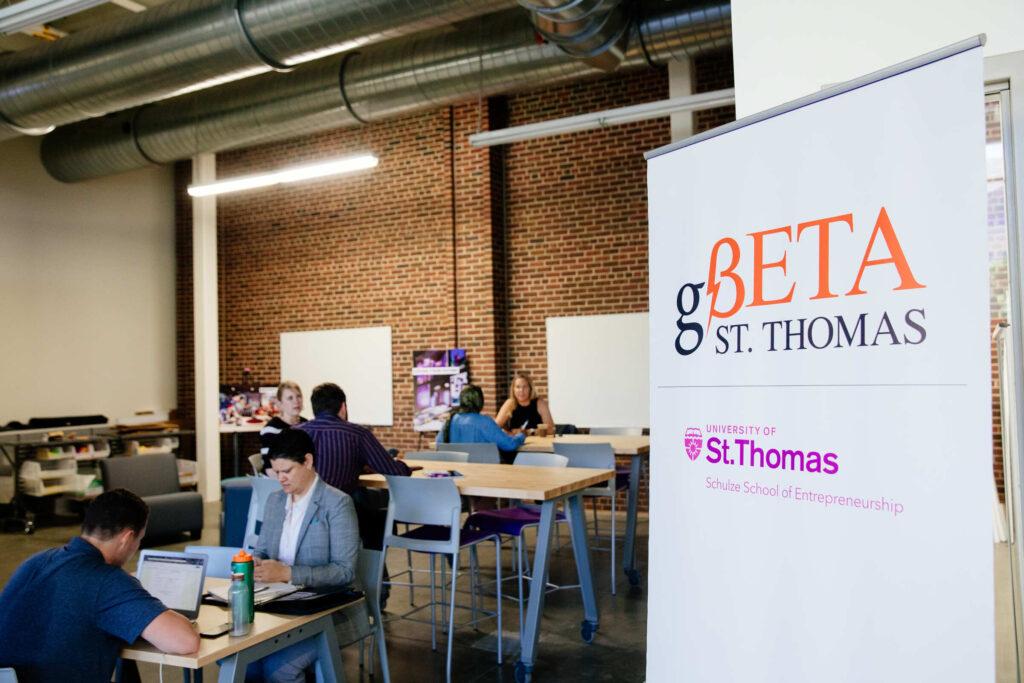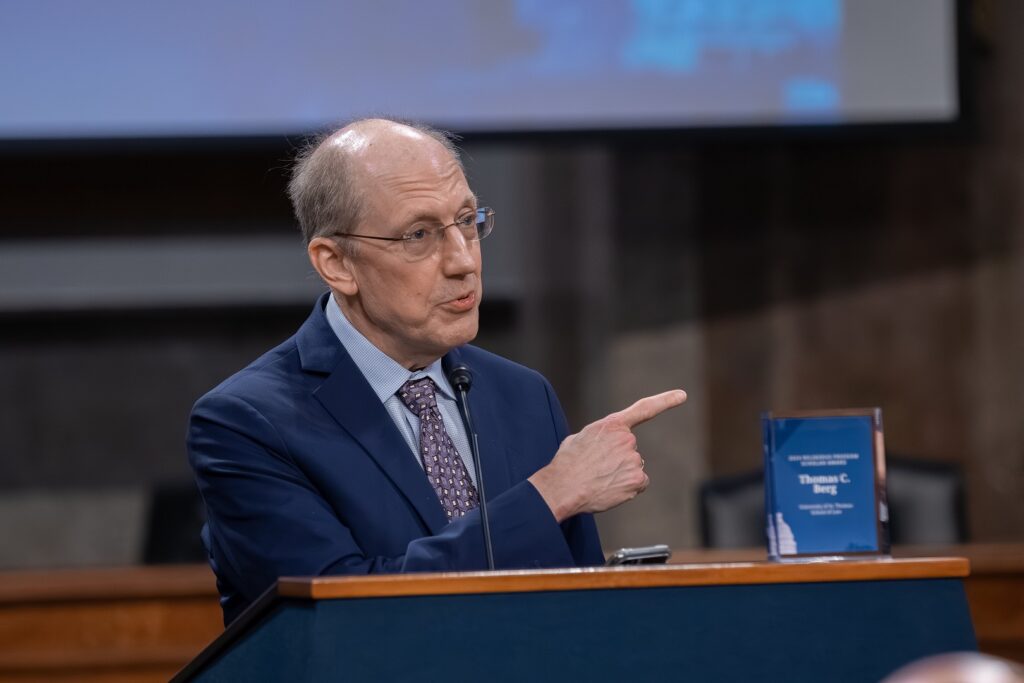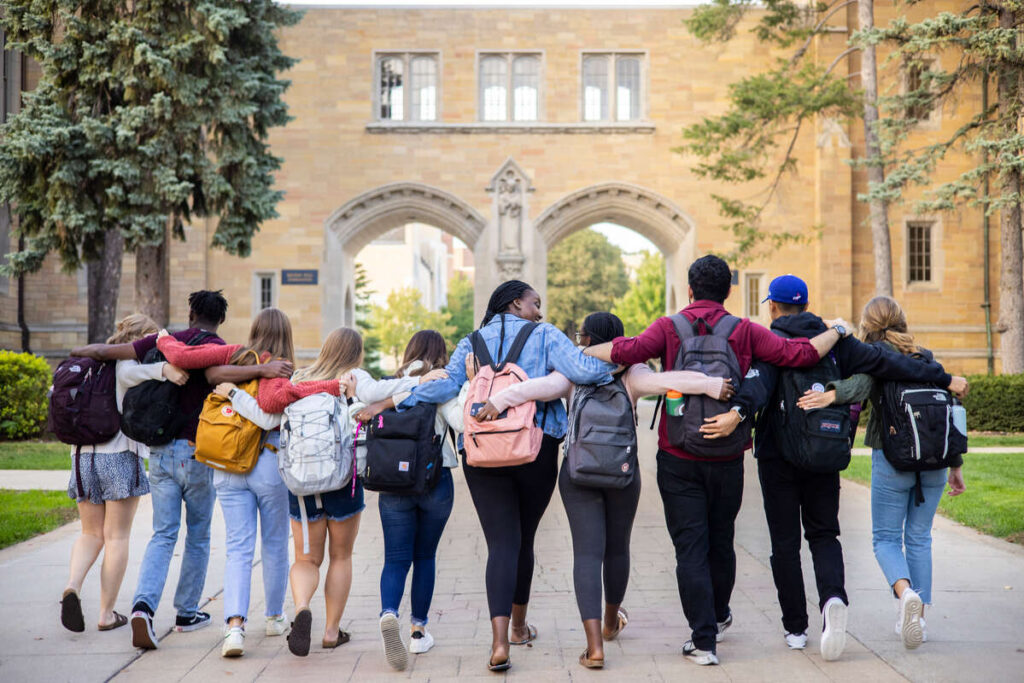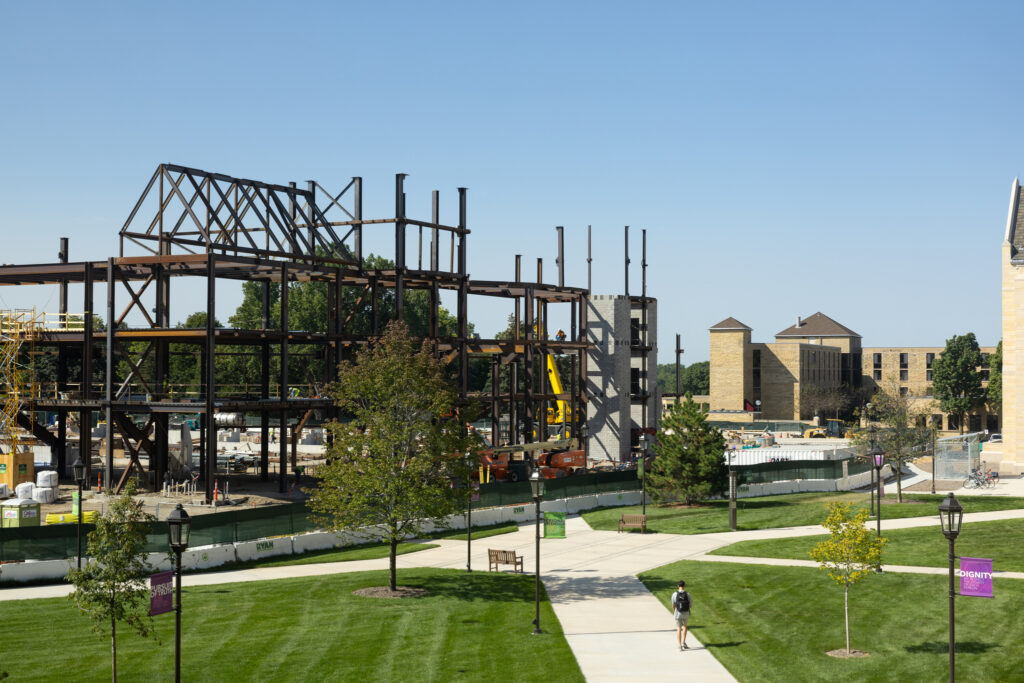Professor Teresa Collett has been invited to visit Chile this spring as a Fulbright Specialist by the Universidad de los Andes in Santiago. Her visit coincides with the country’s landmark convention to rewrite its constitution and Collett will conduct research and provide input for the university regarding religious and educational freedoms as a constitutional law scholar.
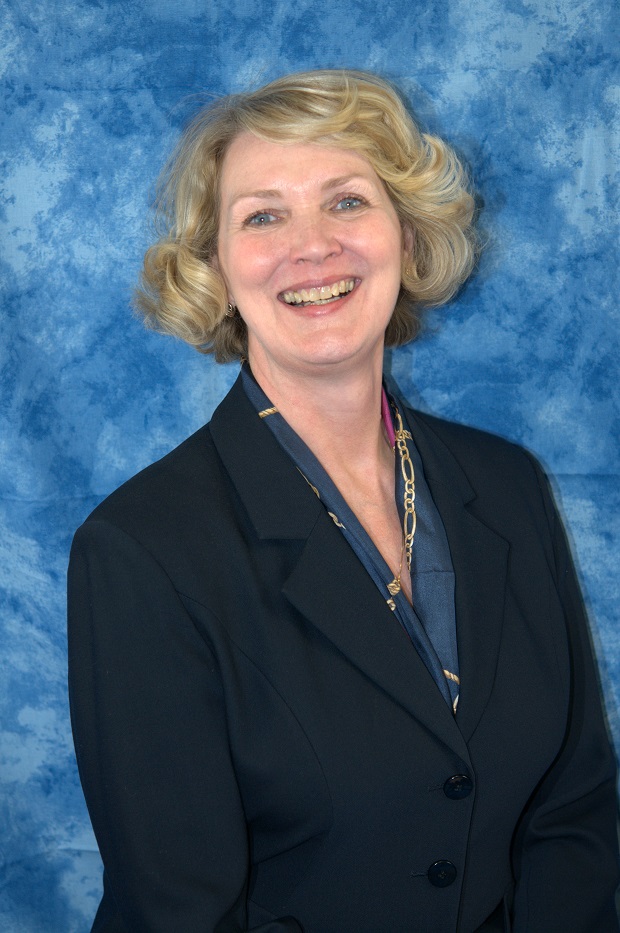
“I am thrilled to be going at this important time in Chile and history,” Collett said.
Chile has been a prosperous country for several decades; however, economic growth has stagnated in recent years, putting into question the sustainability of the country’s fiscal policies. At the same time, frustration has built among Chileans over issues such as economic and social inequality, funding for public education and environmental protections.
“Chile has made significant progress as measured by international indicators in the past 40 years, given its strong macroeconomic management, political stability and predictable policy framework,” César Rivas said, a Chilean attorney currently enrolled in St. Thomas Law’s LL.M. in U.S. Law program. “Nevertheless, such progress has not fully addressed and solved certain social inequality and sustainability issues.”
Several months of protests and unrest in 2019 culminated in 2020, when the Chilean people voted for the formation of a constitutional convention that began in July 2021. Elected delegates have until April 2022, with an option for a three-month extension, to draft a new constitution aimed at bringing economic, political and social reforms to the country. If the convention meets its deadline, Chileans will then vote in a mandatory referendum on whether to adopt the new constitution.
“In this historic moment, we hope that the convention will draft a modern constitution – within the limits set forth by the constitutional authority, assuring constitutional continuity, which has been evident throughout Chilean history – that shall help the country solve its issues, while maintaining and promoting the successful policy framework that allowed Chile to achieve outstanding economic growth and liberties in the past few decades,” Rivas said.
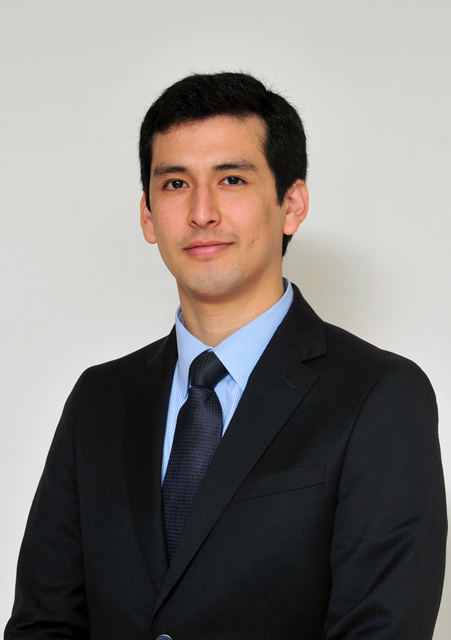
Collett’s upcoming work with the Universidad de los Andes is another link in a long history of connections between St. Thomas and universities in Chile. Several students from Los Andes, as well as the Universidad de Concepción and Pontificia Universidad Católica de Chile, have enrolled in St. Thomas Law’s LL.M. program, which offers a graduate degree for international attorneys who want to learn the U.S. legal system.
In 2019, a delegation of administrators from across the university that included representatives from the schools of education, engineering and law and the college of arts and sciences, visited Chile to strengthen existing and grow new partnerships and programs.
Collett’s visit to Chile is funded, in part, by the Fulbright Specialist Program, which is offered through the U.S. Department of State, and is a companion to the Fulbright Scholar Program. It allows overseas universities, cultural centers, nongovernmental organizations and other institutions abroad to develop collaborative projects which host a leading U.S. academic or professional at their institution to work on diverse, short-term projects focused on education and training. These projects support critical priorities identified by the host institutions and supported by U.S. embassies and binational Fulbright Commissions abroad.
